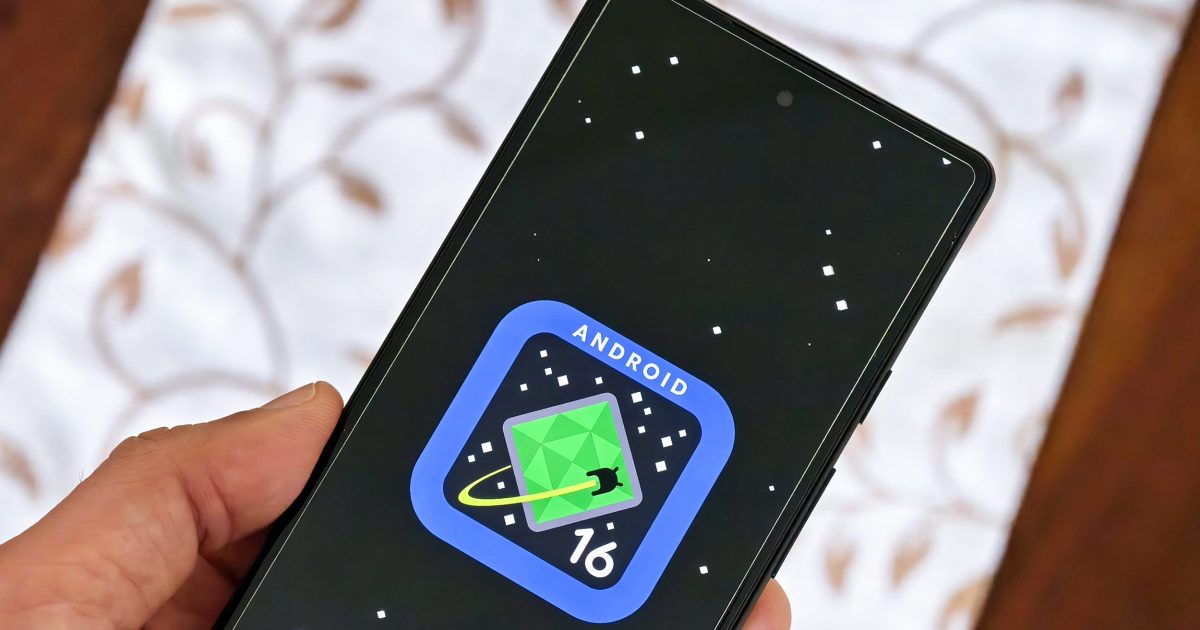Android 16, the next major revamp for Google’s smartphone operating system, has already reached platform stability. And now that all the key changes and upgrades have been locked in place, Google has finally shed light on its public release, sort of.
During a press briefing for The Android Show ahead of the Google I/O developers conference, a Google executive confirmed that the stable build of Android 16 will land on Pixel phones in June, with a fresh aesthetic makeover in tow.
It won’t feature the entire design UI overhaul with the new Material 3 Expressive elements in one go, as Google apps will continue to adapt it in the subsequent months. However, a beta build of Android 16 that lands later this month will give users a taste of the changes to come.
Google says Material 3 Expressive is the company’s “most researched update to the design system since its launch in 2014.” It embraces a youthful new UI design with bolder colors that brings over a dozen changes to elements such as app bars, button groups, and navigation bar, among others.
In addition to a June release schedule for Android 16 on Pixel devices, Google also revealed that it will land on Samsung phones later this Summer. That is likely going to begin with a beta program for One UI 8, which has already been spotted testing on Samsung’s flagship phones.
What’s new in Android 16?
As far as features go, Android 16 brings a host of notable changes. For photography enthusiasts, they will be greeted with new temperature and tint adjustment controls for more precise grading controls in the camera app, alongside a hybrid auto-exposure system. Support for the Advanced Professional Video (APV) codec is also part of the package to allow high-quality video recordings.
“Android 16 adds the capability for users of LE Audio hearing aids to switch between the built-in microphones on the hearing aids and the microphone on their phone for voice calls,” says Google. Notably, it enables support for the Wi-Fi 6 802.11az standard, which is more secure and scalable.
The Live Updates system in Android 16 introduces a new, and more minimalist approach to notifications that cover ongoing activities such as navigation and food delivery. Extensions, now going by the name “apps,” will also be a huge part of Android 16, allowing the Gemini assistant to get work done across different apps.
It already supports the Google suite of apps, such as Docs, Drive, Gmail, and Maps, alongside a small number of third-party options like Spotify, but more names will adopt it later this year. I already have the latest beta build running on my Pixel 9, and will soon report on the design and functional changes as the final set of changes start appearing in the coming weeks.
Read the full article here














